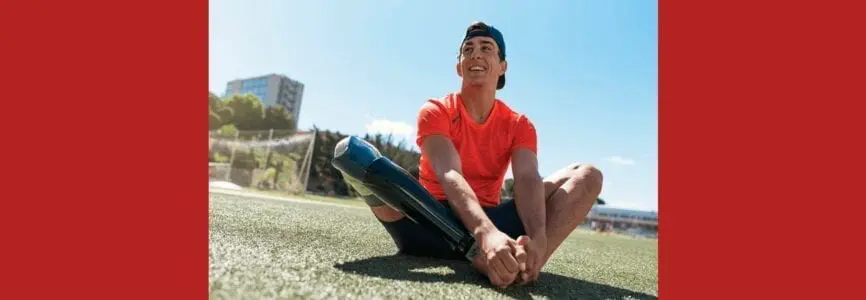Hastings Center News
National Endowment for the Humanities Supports New Hastings Center Project on Disability, Technology, and Flourishing
People with disabilities are experts at navigating a world that is not built for them – often by turning to technologies such as voice recognition devices and cochlear implants. But which technologies, and under what circumstances, truly enhance a person’s ability to live the most meaningful, flourishing life? And which technologies, and in what cases, have the opposite effect? A new Hastings Center project, funded by the National Endowment for the Humanities, will explore how technologies can be used to promote or thwart flourishing through conversations with people with disabilities.
The Art of Flourishing: Conversations on Disability and Technology will convene a series of six public events in New York City during 2019 to 2021, featuring a range of scholars, artists, writers, and thought leaders with disabilities to engage in conversation about how they use and why they refuse technology in their work and lives. Each conversation will focus on an art form, such as a dance or documentary, that explores how technology promotes or thwarts their flourishing and feeling at home in the world.
Erik Parens, a senior research scholar at The Hastings Center, is the director of the project. The codirector is Joel Michael Reynolds, an assistant professor of philosophy at the University of Massachusetts Lowell and the Rice Family Fellow in Bioethics and the Humanities at The Hastings Center. The chief project advisor is Rosemarie Garland-Thomson, a professor of English and bioethics at Emory University and a Hastings Center Fellow.
“In the past, many bioethicists have worried that emerging technologies could have the effect of narrowing the range of what is considered acceptable, or ‘normal,’ for humans, and thus pose a special threat to people with disabilities,” says Parens. “But emerging technologies also make it possible for some people with disabilities to flourish in ways they could not before. In this project we will consider how emerging technologies can pose a threat and an opportunity for all of us—those who currently have disabilities and those who, through aging if nothing else, will later in life.”
“From how we move and communicate to how we love and care, modern technology profoundly shapes nearly every facet of human life,” says Reynolds. “While proponents of technological advancement are typically confident in its benefits, expert users are typically far more ambivalent. How, whether, and which types of technology help us live not just life, but a good life is a pressing and vital question both for every individual and also for our society at large.
“This discussion series is unique in looking to expert users with disabilities to better understand the complex, thorny relationship between diverse human bodies and minds, technologies, and a life well lived. It will also serve to further bring the rich, decades-long body of work developed by disability studies scholars and disability activists into a public light. By creating a permanent set of online resources built around each event, these discussions will also be able to live on in community centers, public libraries, religious communities, corporate boardrooms, and educational settings throughout the U.S. and beyond.”

